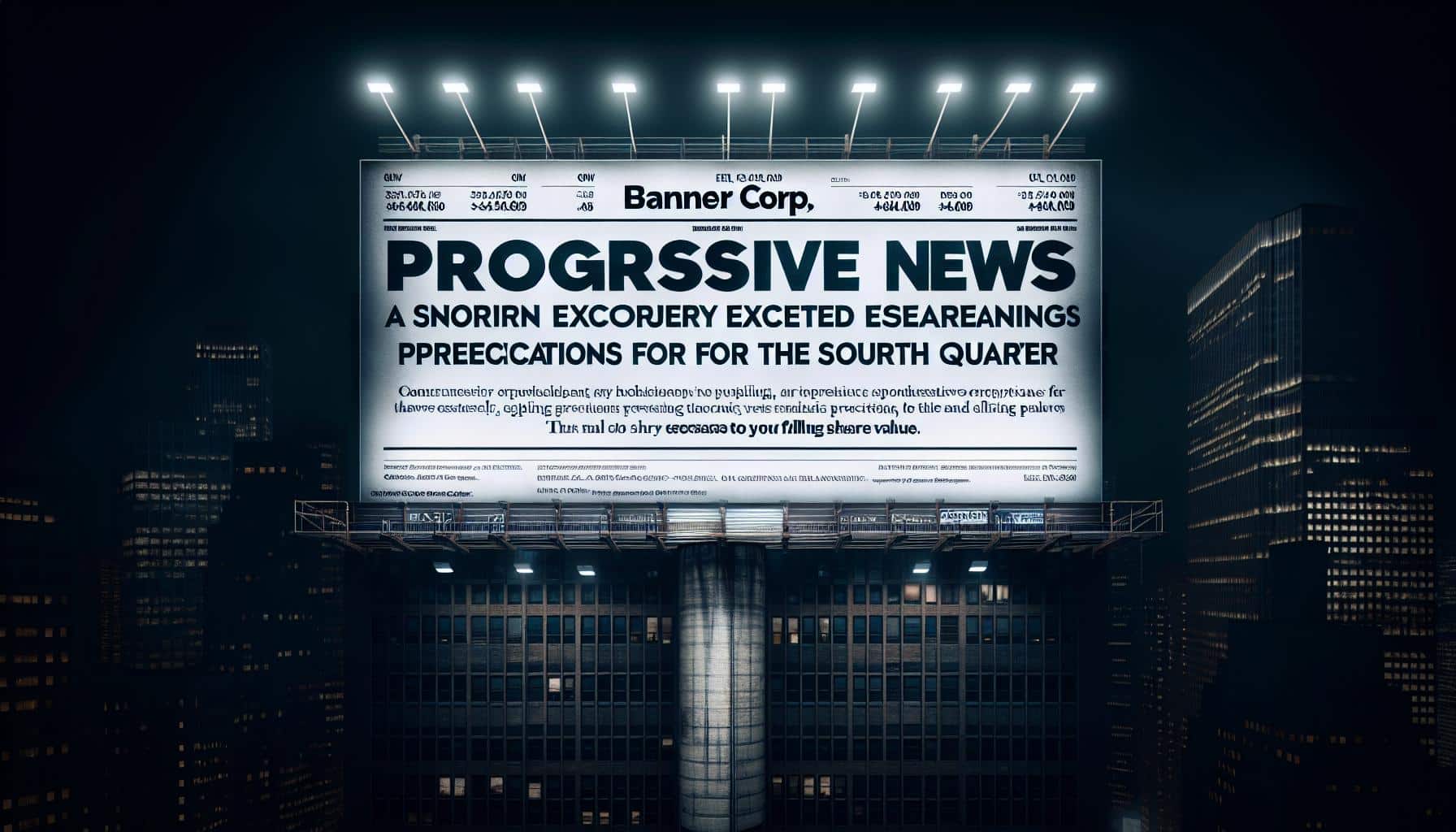Colorado Senate Considers Bill Limiting Homeowners’ Rights to Sue Construction Companies
A bill that could have significant implications for homeowners’ ability to sue construction companies for defects was recently discussed in a Colorado Senate committee. Known as Senate Bill 106, or the Right to Remedy Construction Defects bill, the legislation was sponsored by Democrat Senators Rachel Zenzinger and James Coleman.
The bill aims to establish new procedures for construction defect lawsuits by allowing construction workers to address any claims before a lawsuit is officially filed. Under the proposed legislation, construction companies would have the opportunity to rectify the defect directly or through a third party.
However, the bill would only permit lawsuits if the construction company’s failure to meet building codes or industry standards results in actual property damage, loss of property use, bodily injury or wrongful death, or poses a risk to occupants’ life, health, or safety.
To move forward with a lawsuit, the property damage must be caused by a violation of building codes and present an immediate risk of injury, death, or threat to life, health, or safety.
Notably, the bill has received support from both sides of the political spectrum, with proponents arguing that it will simplify processes for home builders and expedite housing development. This echoes the efforts of state leaders, including Governor Jared Polis, to enhance housing affordability by reducing regulations and red tape.
On the other hand, opponents of the bill believe it could potentially lead to subpar construction quality and negatively impact consumers. These critics argue that the legislation significantly curtails homeowners’ and Homeowners Associations’ (HOAs) rights to pursue construction defect claims, ultimately failing to achieve its intended goals.
Analyst comment
Neutral news: Colorado Senate is considering a bill that limits homeowners’ rights to sue construction companies for defects. If passed, construction companies will have the opportunity to rectify any claims before a lawsuit is filed. Supporters argue that it will simplify processes for home builders and expedite housing development, while opponents believe it may lead to subpar construction quality and negatively impact consumers. The impact on the market will depend on the final outcome of the bill and its effects on the construction industry.













